L-Carnitine is an endogenous compound that can
be synthesized in the liver and kidney from the essential amino acids lysine
and methionine or ingested through diet. L-Carnitine plays a critical role in
energy production and in fat metabolism through its function as a transporter
of long-chain fatty acids into mitochondria for β-oxidation. In cells, it helps
transport fatty acids into the mitochondria, where they can be burned for
energy. Primary sources of dietary Carnitine are red meat and dairy products.
L-Carnitine is stored primary in skeletal muscle (98%), but also in a much
lower concentration found in plasma. L-Carnitine plays a crucial role in
exercise and among athletes [1]. Human muscle contains a high concentration
of carnitine. The first well-documented function of carnitine was found to be
facilitation of the transport of long-chain fatty acids into the matrix of the
mitochondrion, which is the site for beta-oxidation. Fatty acids are an
important fuel for muscle metabolism. During endurance exercise, the oxidation
of fatty acids spares the use of muscle glycogen and delays the onset of
fatigue. Muscle tissue cannot synthesize carnitine and thus is dependent on the
transport of carnitine from the bloodstream. Blood carnitine is derived from
endogenous biosynthesis in the liver and kidney and from exogenous sources in
the diet.
There is a decrease in both plasma and muscle L-Carnitine levels during
high-intensity exercises. Therefore, it is suggested that supplemental L-Carnitine
will greatly reduce potential effects of this decrease and to retain high
muscle and plasma Carnitine levels [7].
Acetyl-L-Carnitine, or ALCAR, is L-Carnitine
to which an acetyl group (-COCH3) has been added, and is thought to be the most
bioavailable form of L-Carnitine. Acetyl-L-Carnitine is an amino acid the body
uses to turn fat into energy [1]. Acetylcarnitine
is a high-energy compound, the acetyl units stored as acetylcarnitine during
heavy exercise would be available if the exercise intensity decreased. Also,
the acetyl unit would not require metabolic energy to re-form acetyl-CoA [10].
A few studies demonstrated the effects of L-Carnitine
in endurance athletes [1]. During low to moderate exercise, long chain fatty acids
represent the main source of energy. L-Carnitine
has been suggested to spare muscle glycogen and promote fat oxidation during
exercise, and a proposed conversion of fat into energy seems likely to be
reflected by a reduction in body weight. In addition, L-Carnitine
supplementation has been shown to spare amino acid usage as a source of energy
making them available potentially for new protein synthesis [1, 2].
L-Carnitine reduces the hazardous
effects of hypoxic exercises and plays an important role in recovery from
damage caused by exercise [7]. Study indicates that L-Carnitine supplementation
improves exercise endurance under normobaric/normoxic and hypobaric hypoxic
conditions [9]. L-Carnitine may enhance blood flow and oxygen supply to the
muscle tissue via improved endothelial function, thereby reducing
hypoxia-induced cellular and biochemical disruptions and, therefore, improving
muscle recovery [11].
L-Carnitine crosses blood brain barrier where ALCAR is metabolized for energy and incorporated into the carbon
skeleton of the neurotransmitters GABA which is key for brain focus and
relaxation [3]. Study refer that acetyl moiety from ALCAR can be oxidized for
energy, serve as a precursor for acetylcholine, and be incorporated into amino
acid neurotransmitters and lipids in brain [4, 5]. Acetyl-L-Carnitine
alters brain energy metabolism and increases noradrenaline and serotonin
content. [6]
Our Formulation
Unived
ALCAR offers 500mg Acetyl-L-Carnitine.
Mode
of Action:
- Carnitine
Stimulates Fatty Acid Oxidation which helps turn fat into energy by carrying
fatty acids across mitochondrial membrane and into mitochondria where they are
oxidized for energy production [9]. - Prevents
Accumulation of Lactate which can acidosis and impair performance [9, 10]. - Improves recovery after exercise and enhances
oxygen utilization and limit muscle damage & muscle soreness. [8] - Promotes
fat loss through oxidation of fat. [11] - Increase
acetylcholine level in the brain. [3] - Increase
Carnitine content in muscle. [12] - Increase
endothelial function and oxygen supply [12]. - Increase
antioxidant enzyme status [12].
References:
1. Grivas,
Gerasimos V. "The role of L-carnitine in distance athletes." Int.
J. Sports Sci 8 (2018): 158-163.
2. Fielding,
Roger, et al. "L-carnitine supplementation in recovery after
exercise." Nutrients 10.3 (2018): 349.
3. Ferreira
GC, McKenna MC. L-Carnitine and Acetyl-L-carnitine Roles and Neuroprotection in
Developing Brain. Neurochem Res. 2017 Jun;42(6):1661-1675. doi:
10.1007/s11064-017-2288-7. Epub 2017 May 16. PMID: 28508995; PMCID: PMC5621476.
4. Scafidi
et.al., in Ferreira GC, McKenna MC. L-Carnitine and Acetyl-L-carnitine Roles
and Neuroprotection in Developing Brain. Neurochem Res. 2017
Jun;42(6):1661-1675. doi: 10.1007/s11064-017-2288-7. Epub 2017 May 16. PMID:
28508995; PMCID: PMC5621476.
5. Ricciolini et al., in Ferreira GC, McKenna MC. L-Carnitine and
Acetyl-L-carnitine Roles and Neuroprotection in Developing Brain. Neurochem
Res. 2017 Jun;42(6):1661-1675. doi: 10.1007/s11064-017-2288-7. Epub 2017 May
16. PMID: 28508995; PMCID: PMC5621476.
6. Smeland
OB, Meisingset TW, Borges K, Sonnewald U. Chronic acetyl-L-carnitine alters
brain energy metabolism and increases noradrenaline and serotonin content in
healthy mice. Neurochem Int. 2012 Jul;61(1):100-7. doi:
10.1016/j.neuint.2012.04.008. Epub 2012 Apr 23. PMID: 22549035.
7. Orer,
Gamze E., and Nevin A. Guzel. "The effects of acute L-carnitine
supplementation on endurance performance of athletes." The Journal
of Strength & Conditioning Research 28.2 (2014): 514-519.
8. Spiering,
Barry A., et al. "Effects of L-carnitine L-tartrate supplementation on
muscle oxygenation responses to resistance exercise." The Journal
of Strength & Conditioning Research 22.4 (2008): 1130-1135.
9. Panjwani,
Usha, et al. "Effect of L-carnitine supplementation on endurance exercise
in normobaric/normoxic and hypobaric/hypoxic conditions." Wilderness
& environmental medicine 18.3 (2007): 169-176.
10. Institute
of Medicine (US) Committee on Military Nutrition Research; Marriott BM, editor.
Food Components to Enhance Performance: An Evaluation of Potential
Performance-Enhancing Food Components for Operational Rations. Washington (DC):
National Academies Press (US); 1994. 21, The Role of Carnitine in Enhancing
Physical Performance.
11. Wutzke,
Klaus D., and Henrik Lorenz. "The effect of l-carnitine on fat oxidation,
protein turnover, and body composition in slightly overweight
subjects." Metabolism 53.8 (2004): 1002-1006.
12. Mielgo-Ayuso
J, Pietrantonio L, Viribay A, Calleja-González J, González-Bernal J,
Fernández-Lázaro D. Effect of Acute and Chronic Oral l-Carnitine
Supplementation on Exercise Performance Based on the Exercise Intensity: A
Systematic Review. Nutrients. 2021 Dec 3;13(12):4359. doi: 10.3390/nu13124359.
PMID: 34959912; PMCID: PMC8704793.




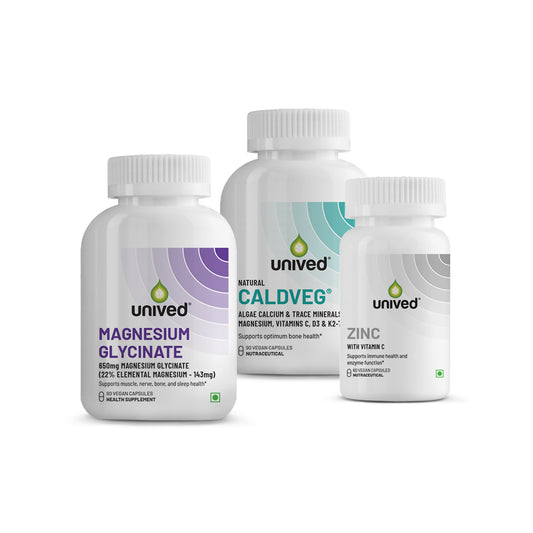
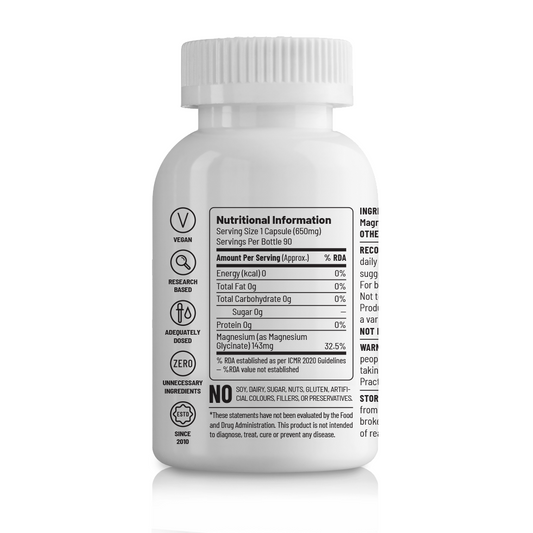 Sold outVendor:Essential Minerals Bundle
Sold outVendor:Essential Minerals Bundle
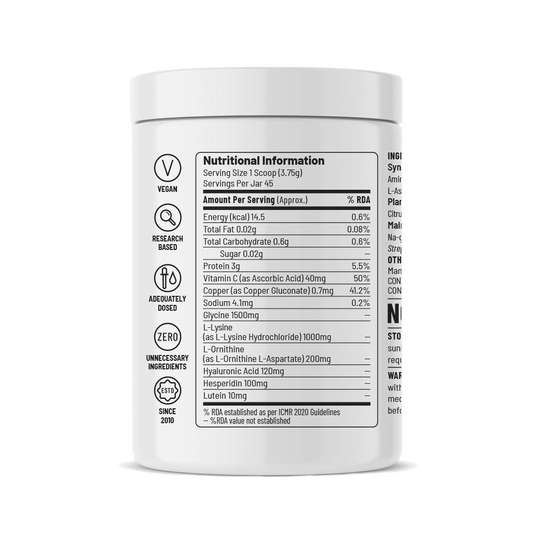 Sold outVendor:Bone Health
Sold outVendor:Bone Health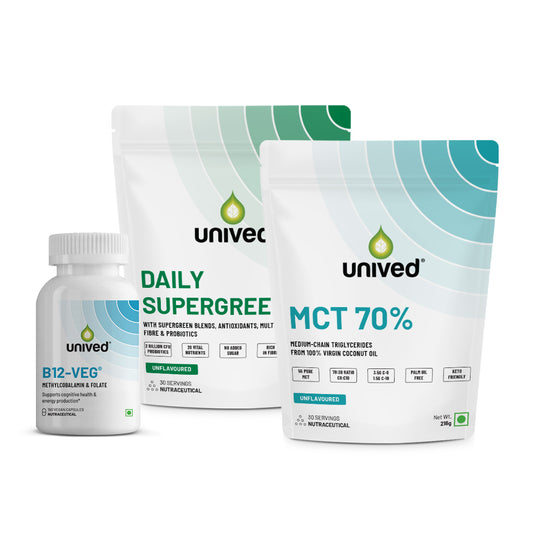
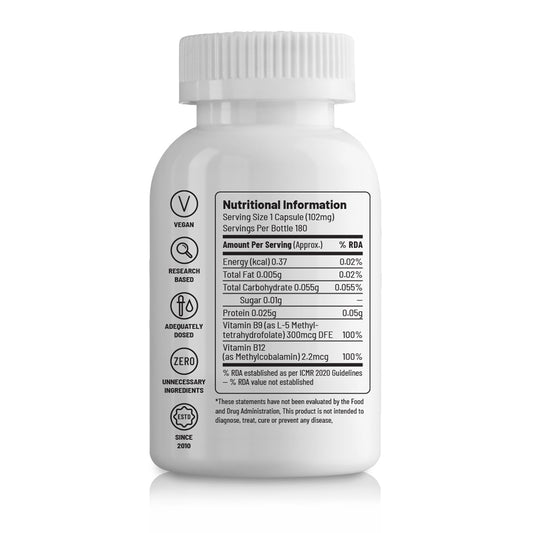 Sold outVendor:Daily Energy Bundle
Sold outVendor:Daily Energy Bundle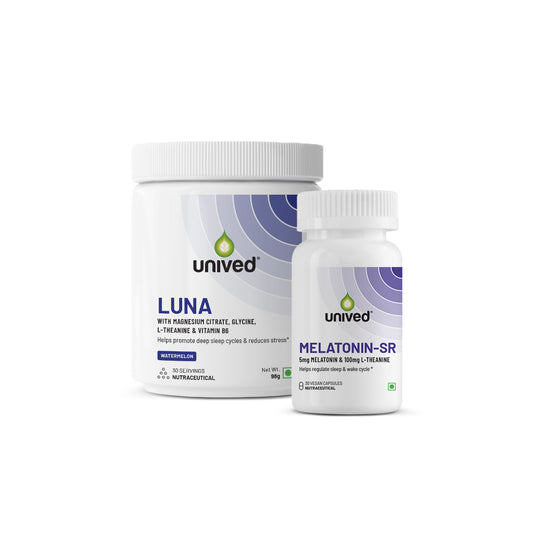
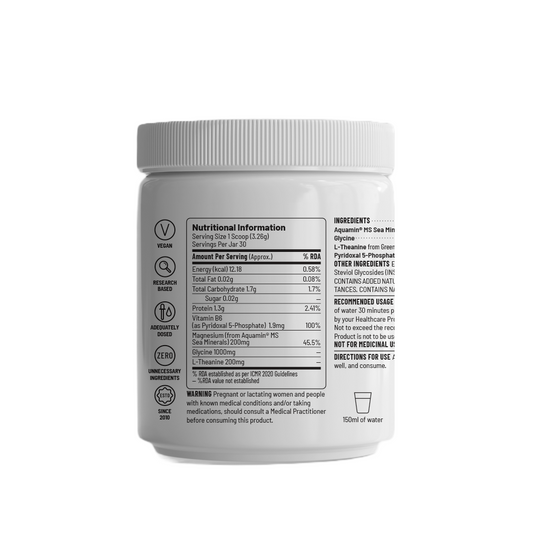 SaleVendor:Deep Sleep
SaleVendor:Deep Sleep












